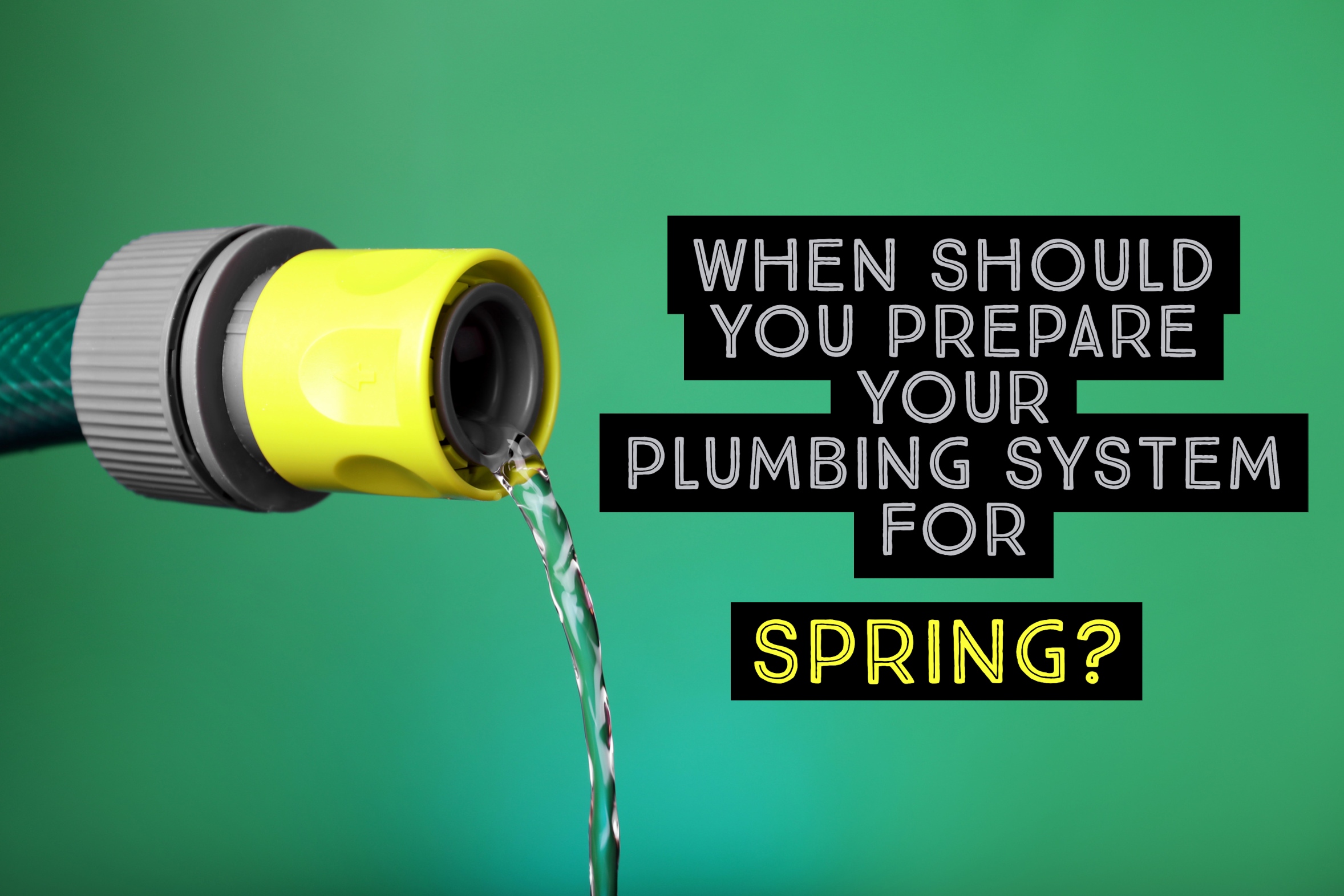At New Albany Plumbing & Drain, we always strive to help our customers be ready for any and all seasonal transitions. With spring’s warmer weather on its way, it is imperative that your plumbing system is also prepared for these temperature shifts! To ensure you are adequately equipped with the resources needed to prepare this spring, here’s a concise list of tips and tricks:
HOW WILL YOU ENSURE YOUR PLUMBING SYSTEM IS ADEQUATELY PREPARED AND PROTECTED FOR THE COMING OF SPRING?
1. CONSIDER LEAKS:
- Faucets & Sink: Even though they may be unperceivable, some leaks and drips can cause damage over time. So, routinely inspecting your faucets and sinks for the slightest of leaks is key. Don’t forget to give them a check-up at least once every season! To inspect your sink properly, make sure to check for any drips or leaks around the fixtures and below the sink. Undetected water damage can occur over time, so be sure to look out for rusting on pipes as well. If left unchecked, a leak under the sink may lead to the permanent destruction of both items in the cabinet and the cabinetry itself.
- Toilets: Don’t forget to pay attention to your toilets! This rule applies to all of the commodes in your home. If you notice water collecting around the base or that it’s been running constantly, there is no time like the present to take action. Letting a minor inconvenience fester will only escalate and result in an even bigger problem that may become difficult to manage.
2. CONSIDER YOUR DRAINS: To avoid major clogs and costly professional cleanings, it is vital to check all drains in your sinks, tubs, showers, and other fixtures from time to time for hair or gunk accumulation. Installing drain screens inside the tub can help limit the buildup of debris, but a light cleaning every few weeks should still be done as well.
3. CONSIDER YOUR OUTDOOR FIXTURES: Now that the cold season has passed, it is essential to check your outdoor plumbing fixtures for any issues. First, turn on all outdoor spigots and let them run for a minute. You may hear some spurting or popping noise at first, but this will pass soon, and water should flow out steadily soon after. Additionally, we recommend to also wait after turning off each spigot so you can identify if there are any persistent leaks or drips making their appearance after the water has been shut off.
4. CONSIDER YOUR WATER HOSES & SPRINKLERS: It is essential to inspect your water hoses and sprinkler system before putting them into use for the spring season. After storing these components throughout the winter, be sure to check that they are still in good condition before reattaching them to the outdoor fixtures. Frigid temperatures can cause the shrinking or cracking of water hoses, so it’s important to ensure there are no holes, leaks, or cracks present on your water hose or sprinkler system.
5. CONSIDER YOUR SUMP PUMP: As the old saying goes, “April showers bring May flowers…” Therefore, if your home has a sump pump, (which is essential for avoiding flooding during wet seasons), it’s important to ensure that it’s working properly. A simple way to do this is by pouring two buckets of water directly into the pump basin. By taking these steps now, you can be sure that you’re prepared for any potential rainy season disasters! If you have any issues getting your sump pump to work properly, don’t hesitate to call us. Furthermore, it’s advised that you clean your sump pump every three to four months. So, take advantage of the spring-cleaning season and add this to your checklist for ultimate efficiency!
6. CONSIDER YOUR WATER HEATER: Over time, sediment will accumulate in your water tank, leading to a decrease in efficiency and an eventual reduction of the life span if it is allowed to build up. That’s why it is essential to have your water heater inspected at least once a year. We can provide you with professional inspection services that take into account flushing out the tank from any built-up residue so that your machine functions more effectively and optimally.
7. CONSIDER YOUR YARD DRAINS & GUTTERS: Don’t neglect your gutters and outdoor drains! These components are meant to direct rainwater away from your home, so if they’re clogged with leaves or other debris, they will not be able to perform their intended purpose. Clean them out yourself or hire a professional to do it for you. But whatever route you take, make sure this task is taken care of before the stormy season rolls around.
8. CONSIDER YOUR MAIN WATER SHUT-OFF VALVE: Do you recall the last time you used your main water shut-off valve? If not, it may be a good idea to check if it is still functioning smoothly. Rotating the main valve both clockwise and counterclockwise should not be overly difficult; however, if this is not the case and turning off/on your valve proves difficult, then an upgrade of this fixture should be considered as soon as possible. In any plumbing emergency situation, you’ll want to ensure that accessing your shut-off valve won’t cause further problems in itself.
Embrace the season with confidence and be prepared for any changes that spring brings by following our simple plumbing tips. If you’re ever unsure of something or find yourself in need of help, don’t hesitate to reach out to us. We are here for anything and everything plumbing-related! You can reach New Albany Plumbing & Drain today at (614) 245-3319, or schedule an appointment online now by clicking here!




